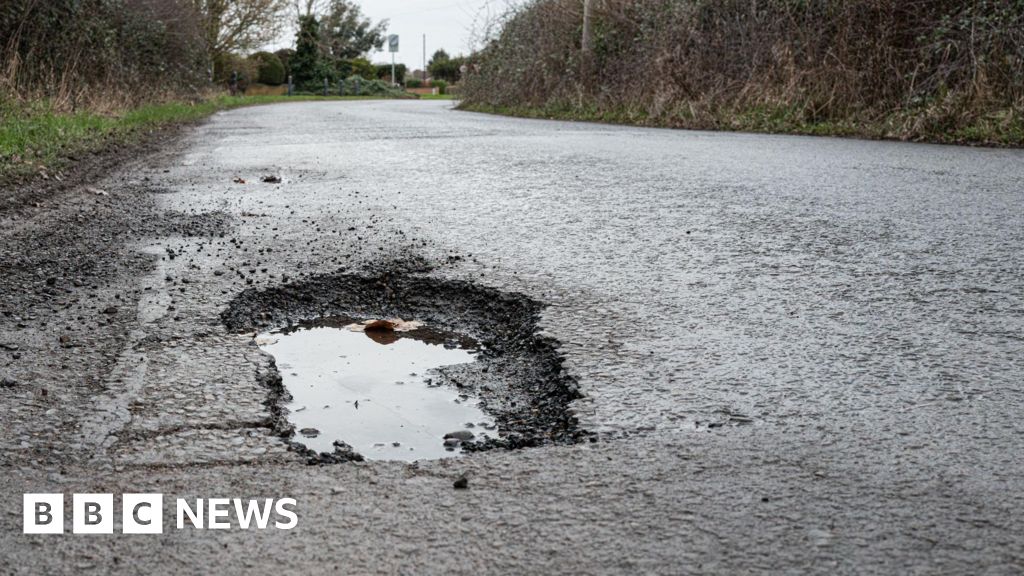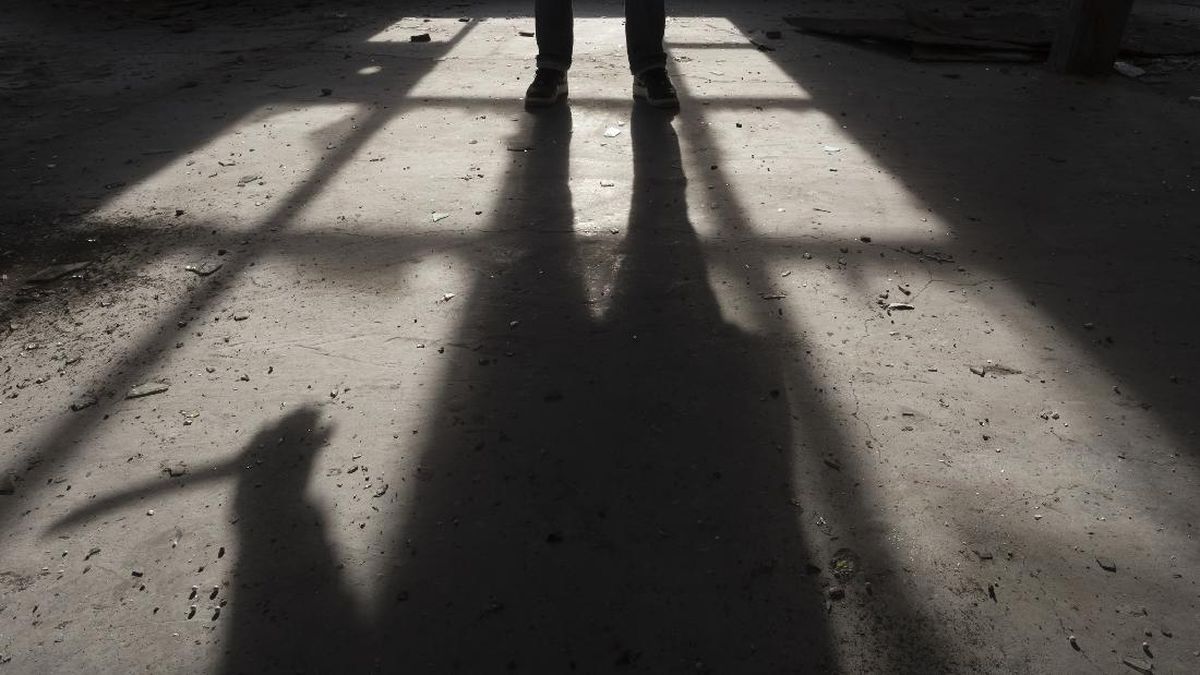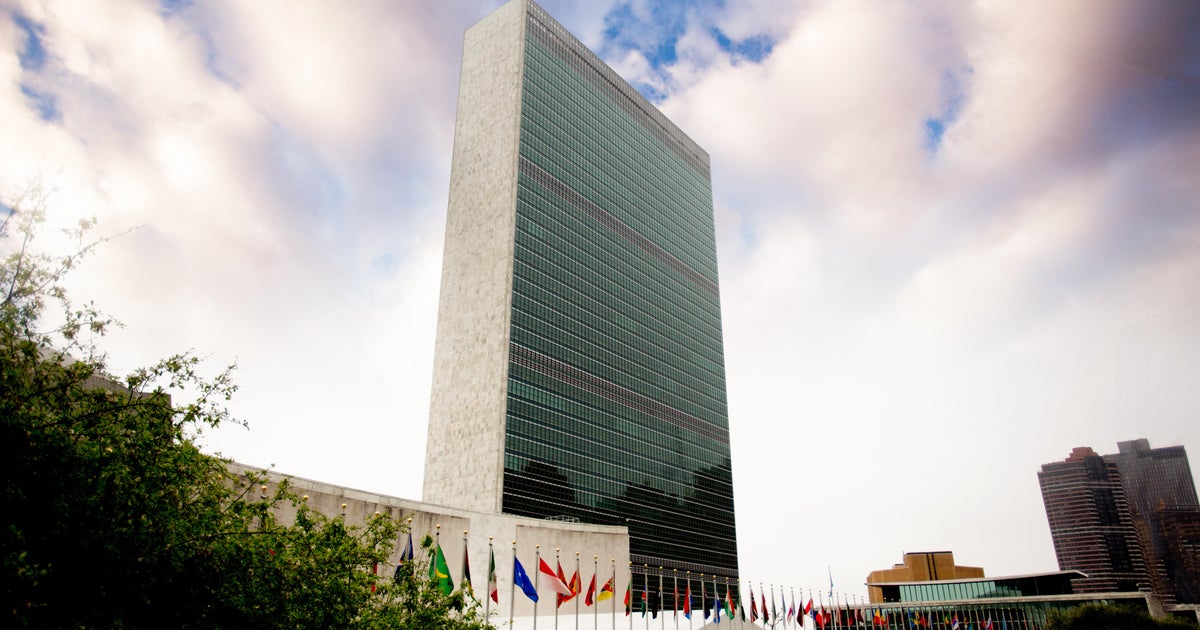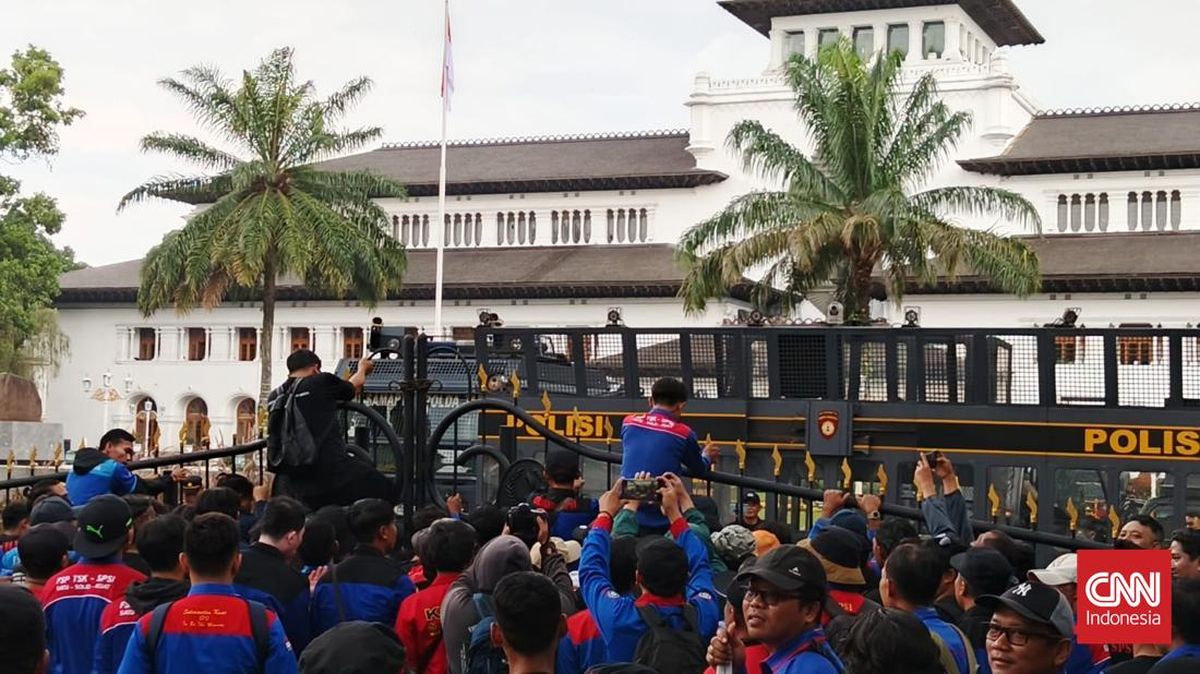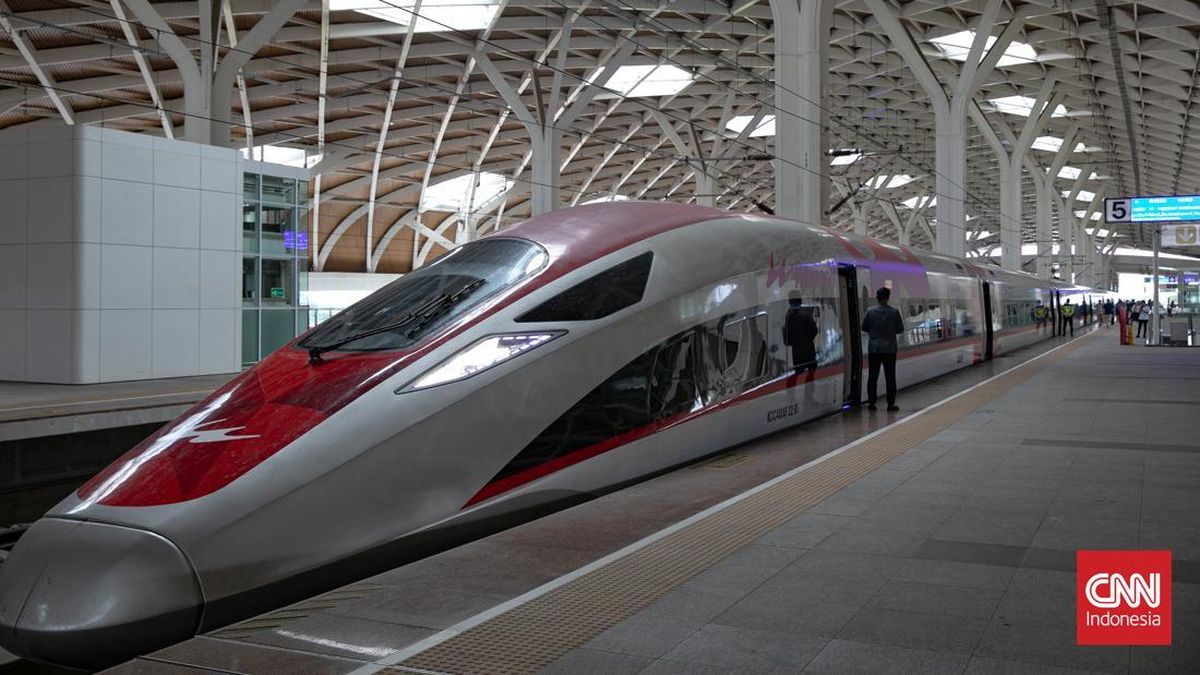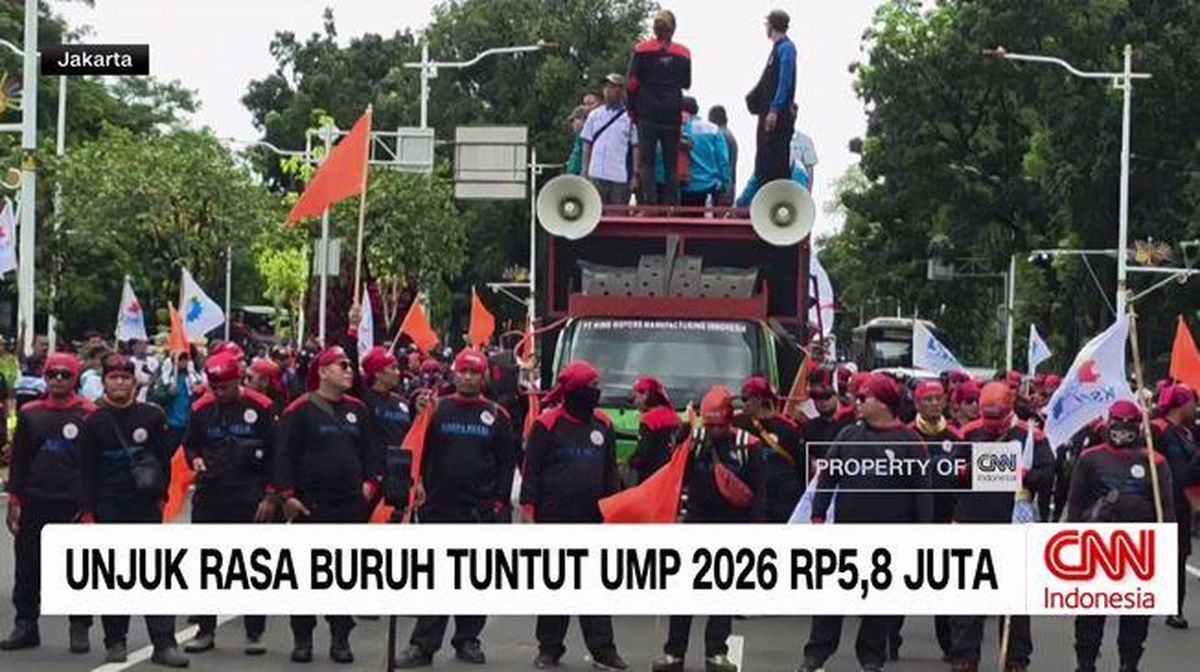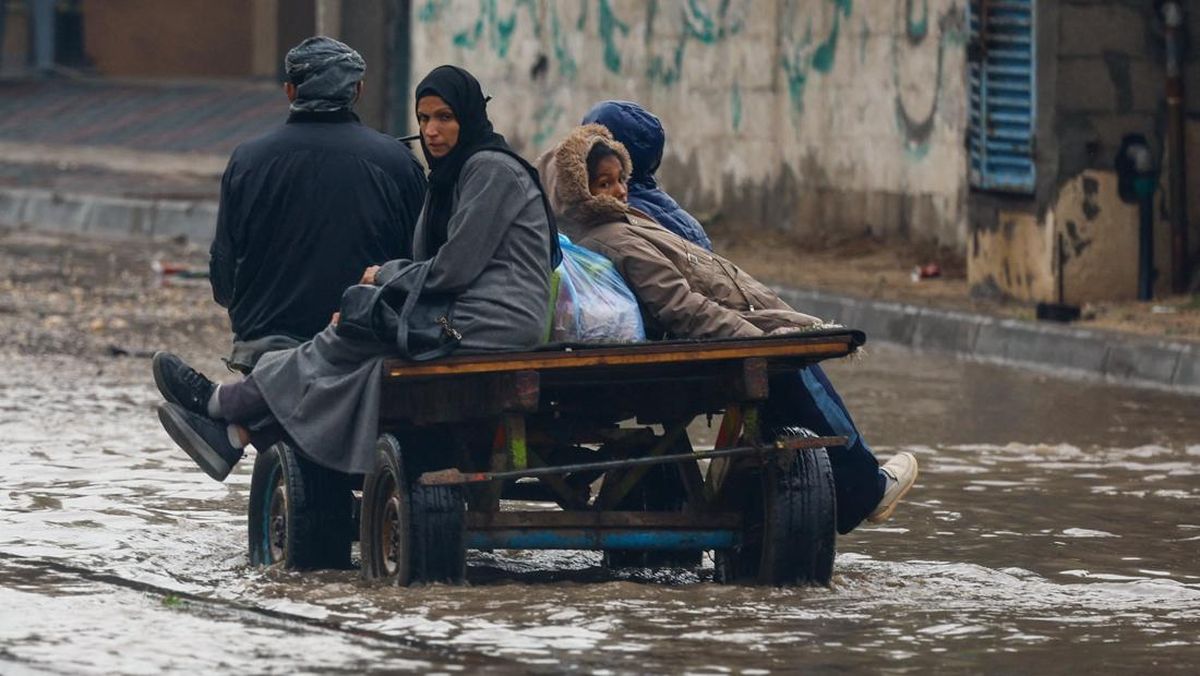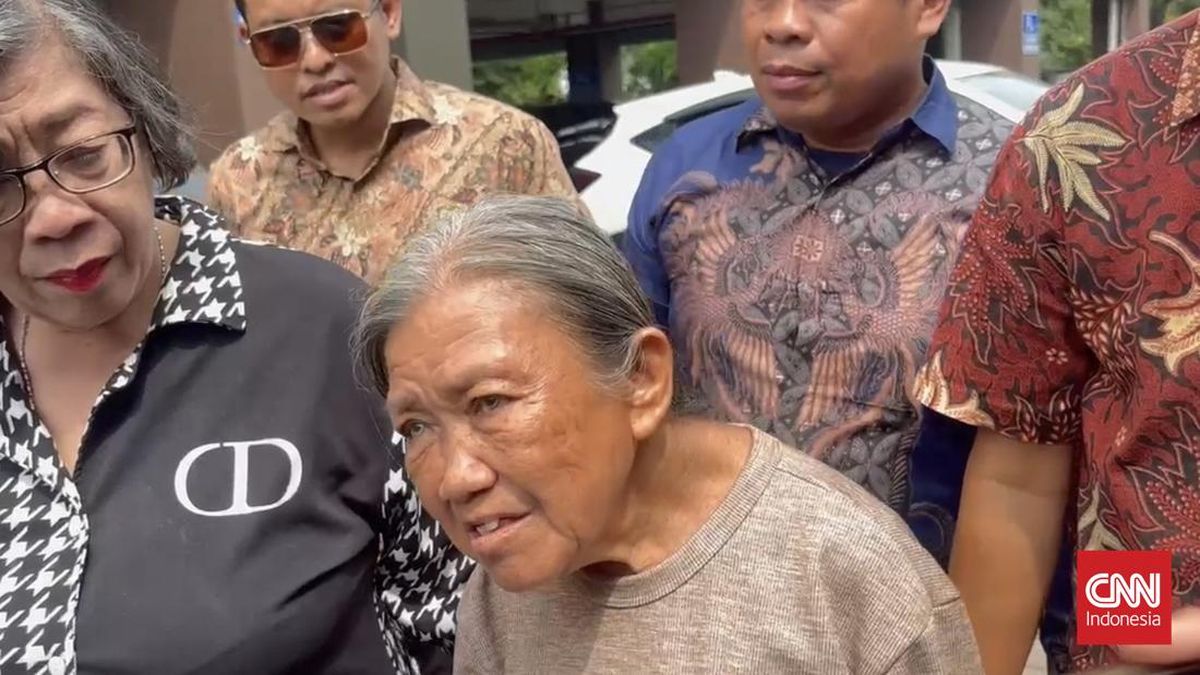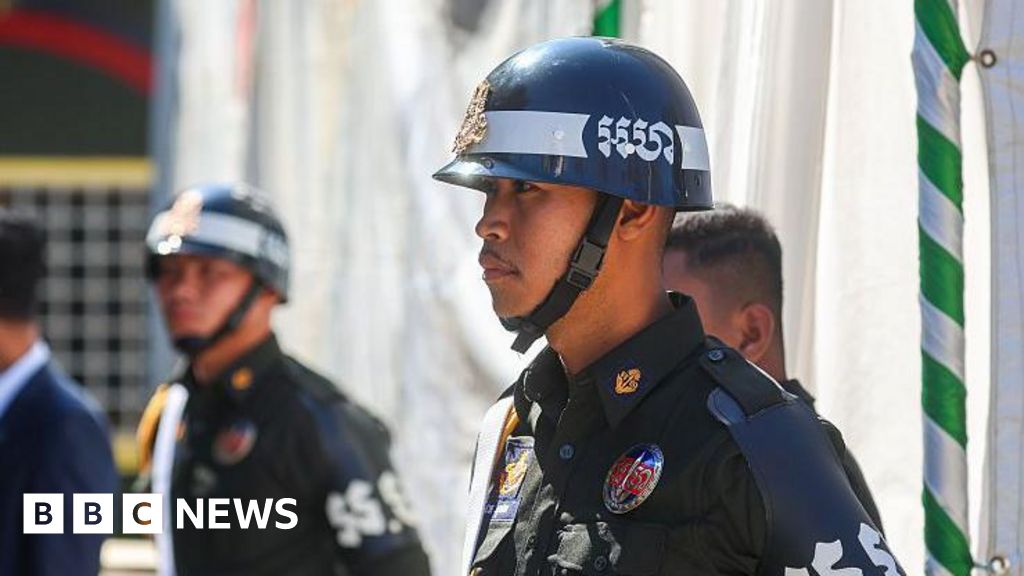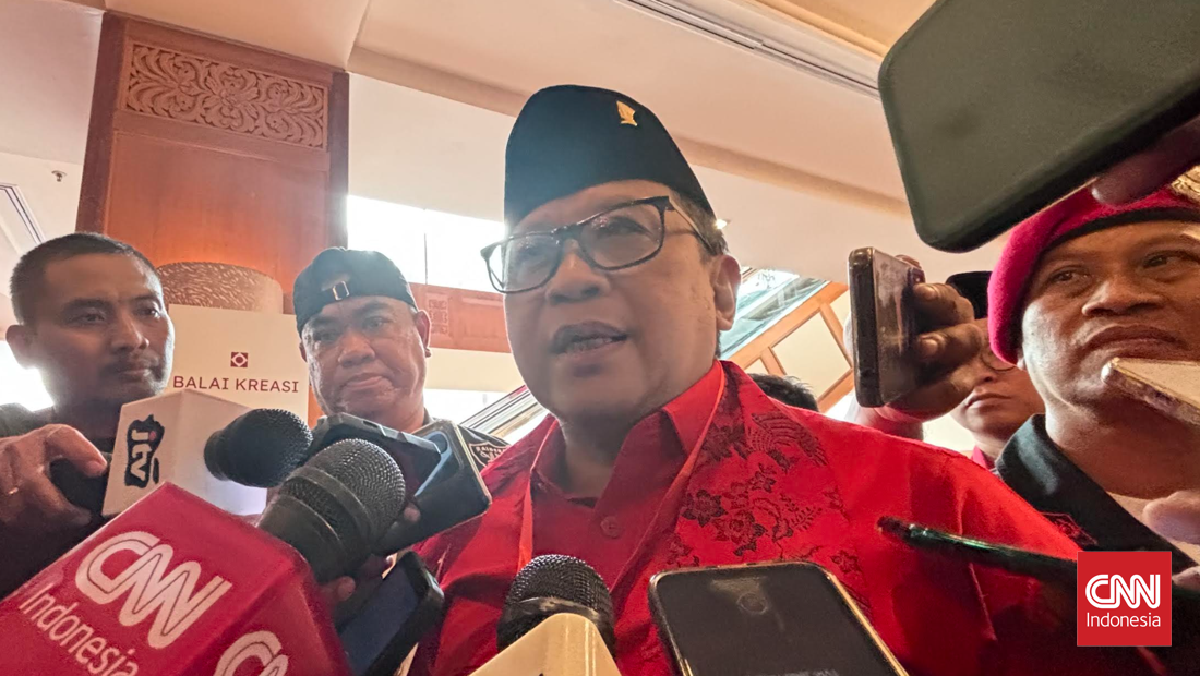Jakarta: It’s good pickings at Jakarta’s bomb squad headquarters, a write-off after the fiercest Indonesian protests in years.
Young men search through the ruins, loading hauls of wire and metal into hired vans for their home improvements or to sell as scrap. Teenagers, one in a police vest nicked from “out the back”, caper in the charred shells of abandoned tactical police vans.

A 16-year-old boy in police gear he took from Brimob’s bomb squad compound in Jakarta.Credit: Zach Hope
It is broad daylight, but no one seems worried. Or scandalised. One smiling onlooker explains how the elite and chastened Mobile Brigade Corp, or Brimob, which incorporates the bomb squad, has quietly given those here carte blanche on one condition: don’t start any more fires.
The truth of this statement is unclear. But thousands of police and military personnel are deployed around the city, and none of them is here.
This is just one scene in the political heart of the world’s third-largest democracy.
The demonstrations in Indonesia over the past week are responses to specific policies and events. But they do not exist in isolation, Dr Ian Wilson, an Indonesia expert at Murdoch University, says.
He says Indonesia is in the midst of a cost-of-living crisis, the middle class is shrinking, and more people are turning to precarious work in the gig economy. The upshot is an “overall deepening of inequality”.
Though many issues are structural and pre-date President Prabowo Subianto, Wilson says the government has failed to take measures to provide relief.
“Policies such as increasing austerity and reduction in funds to regional government have served to accelerate economic decline and a shrinking job market.
“At the same time, the often ostentatious displays of wealth by government officials and politicians and a failure to address systemic corruption have served to further enrage a population living under extreme economic duress, as has the seeming inability to appreciate the impacts on ordinary Indonesians’ lives of economic downturn.”

People walk through the wreckage of Brimob’s bomb squad compound.Credit: Zach Hope
Among the dozens at the bomb squad compound “just looking around” is a 26-year-old man. He doesn’t have a job; he hasn’t had one since he was laid off during the COVID-19 pandemic.
“You have to know someone inside a company or something,” he says, asking to remain nameless. “We are disappointed with the government, the DPR [the lower house of parliament]. They don’t care about the people.”
In February, students staged large protests called Indonesia Gelap, or Dark Indonesia, decrying Prabowo’s budget cuts, policies and the nation’s self-serving elites.
Protests in various parts of the archipelago have grown in response to large increases in land taxes. The local governments responsible for the tax increases claim they are necessary to offset federal cuts to their budgets, made as part of Prabowo’s austerity drive to fund signature policies like free school lunches, which will cost tens of billions of dollars each year.

A demonstrator in Jakarta throws a rock at police during a protest last week against lavish allowances given to MPs.Credit: AP
In perhaps one of the more tin-eared moves in Indonesian political history, parliamentarians have also awarded themselves a housing allowance to rent accommodation in Jakarta for sittings. While the concept is arguably reasonable, the amount they settled on – $5000 a month – is about 10 times the city’s average monthly wage.
Feeding into existing anger about member privileges, including overseas junkets, the allowances sparked protests on August 25. More followed on August 28, driven by labour unions seeking better wages and an end to outsourcing.
The protests reached their riotous zenith after the death of 21-year-old motorcycle taxi driver Affan Kurniawan on August 28. The incident was filmed.
Speeding down a street packed with protesters, an armoured Brimob vehicle hit the young man as he tried to scramble out of the way. The vehicle stopped and then pushed on, crushing Affan under at least one set of wheels.
Affan was a driver for Gojek, one of the delivery companies that forms the backbone of Indonesia’s daily economy. These drivers are everywhere, delivering your dinner or asking if you need to hop on the back to get where you’re going. One Gojek driver told us he makes about $600 a month.
Affan became a symbol. Rioters smashed-up government buildings across the archipelago.
While there is no official death toll, local media has reported at least nine people have died. In the city of Makassar, a massive fire engulfed the parliament building, killing three non-protesters who were stuck inside.
When politician Ahmad Sahroni called the protesters “the most stupid people in the world” for wishing to dissolve the parliament, they looted his home.

Flames engulf the official residence of the East Java governor in Surabaya on Saturday.Credit: AP
They also looted a property belonging to respected finance minister Sri Mulyani, a former World Bank managing director, after a video went viral of her purportedly calling teachers a “burden” on the state. A fact check by news agency Agence France-Presse later found the video was a fake made with Google’s AI tools.
At the weekend, instead of going to China for a parade marking the 80th anniversary of the end of the Second World War, Prabowo delayed his trip and stayed home to respond to the crisis. He was shown hugging Affan’s grieving parents, and pledging that the seven Brimob officers in the armoured vehicle would be investigated. The DPR would also revoke its more incendiary policies, he said.
The conciliatory tone hardened as Indonesia continued to burn. “The right to peaceful assembly must be respected and protected,” he said in a speech on Sunday. “However, we cannot deny that there are already visible signs of extrajudicial, even unlawful, actions, some even leading to treason and terrorism.

Indonesian President Prabowo Subianto (front left) joins Russian President Vladimir Putin, Chinese President Xi Jinping and other world leaders in Beijing on Wednesday.Credit: AP
“I order the police and the TNI [armed forces] to take the strongest possible action against all forms of destruction of public facilities, looting of individual homes, public places, or economic centres, in accordance with applicable law.”
Drawing from the old playbook of blaming internal crises on shadowy, unnamed elements – presumably foreign – he said, “We are wary of interference from groups that do not want Indonesia to prosper, do not want Indonesia to rise.”
Wilson, of Murdoch University, says Prabowo’s speech failed to address the root causes of people’s anger.
“Rather, he suggested they were veering towards treason and terrorism. In other words, giving a green light for increasingly repressive measures.”

A protester in Jakarta on Wednesday applies lip balm while rallying against alleged police violence.Credit: AP
Under pressure from China to make at least one day of that country’s World War II commemorations, Prabowo hopped on a plane on Tuesday night.
A major element of the unrest, particularly after the death of Affan, is the perception among young Indonesians that the police and military can get away with anything. Like the anger at politicians looking after themselves, it has antecedents.
Protests last week in Surabaya and Malang referenced the October 2022 crowd crush that killed at least 135 people at a soccer game in Kanjuruhan Stadium, East Java.
That panic was sparked by the police’s indiscriminate firing of tear gas into an unruly crowd. A handful of people were convicted, but the courts acquitted senior police, leaving a sense of justice denied.
More recently, a journalist and three of his family in North Sumatra were killed in an arson attack believed to be linked to his reporting on illegal gambling, which had implicated army personnel. Despite pressure from human rights groups, only civilians have been convicted.

Soldiers are deployed in Jakarta on Monday after days of protests.Credit: AP
In February this year, punk band Sukatani removed their viral song about police corruption, Bayar Bayar Bayar (Pay, Pay, Pay), from streaming platforms and issued a public apology to the national police, moves perceived to be the result of police intimidation.
On the street where Affan was crushed to death, there are no flowers, cards or notes. People have channelled their grief and rage in different ways.
“Expressing opposition is legitimate, but I disagree with damage and attacks on public facilities,” a young man pulled up at the roadside on his motorbike says.
He is in his last year of high school and believes Indonesia is on the right track but it must address unemployment and corruption.

Ride-hailing drivers hand out flowers to police and soldiers during a peace rally in Jakarta on Tuesday.Credit: AP
“In the education sector, for instance, the government has programs to help students pay for books and uniforms and things like that. But we don’t see that money or the full amount of that money,” he says, asking to remain anonymous.
Next year, he plans to go to university to study business administration, psychology or architecture. But in Indonesia, a degree is no guarantee of a stable job.
“Judging from the situation now, I don’t think it will be easy for me.”
Loading
Get a note directly from our foreign correspondents on what’s making headlines around the world. Sign up for the weekly What in the World newsletter here.
Most Viewed in World
Loading

